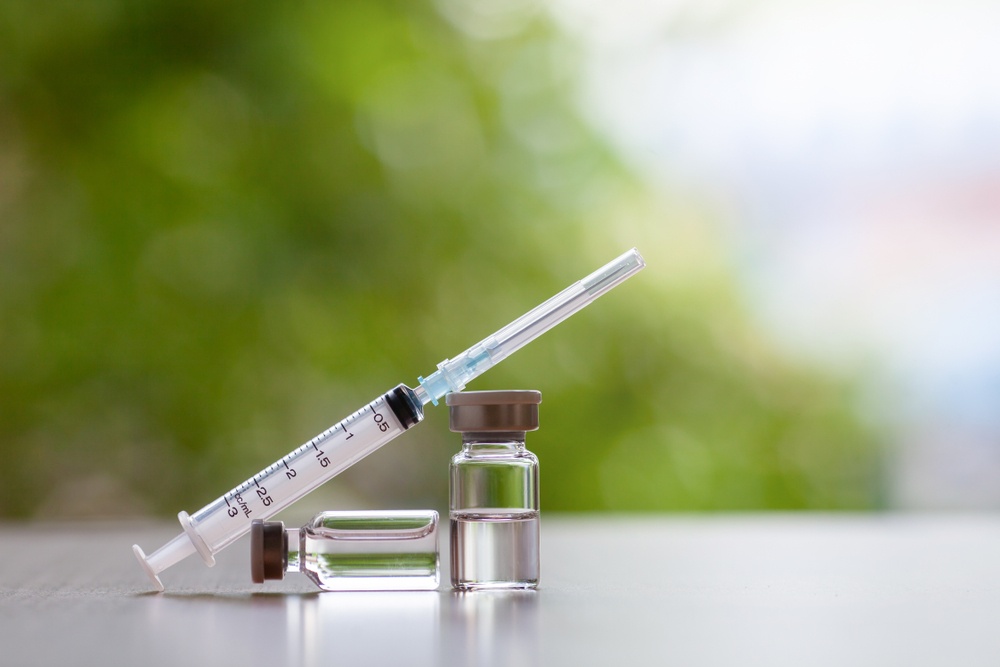



Get new exclusive access to healthcare business reports & breaking news




Illinois governor J.B. Pritzker has announced plans to scale up vaccinations and increase access to vaccines after pediatricians warned that there could be a measles outbreak in the state.
In a prepared statement, Pritzker said they were taking the measles threat “very seriously and are committed to taking action to keep Illinoisans safe.”
“Working across agencies and at all levels of government, we will be taking steps to increase vaccination rates and ensure all of our families are educated about the resources available to them. There is no more important responsibility of our state government than keeping Illinoisans healthy and safe, and addressing this threat is a top priority for my administration as we move forward,” Pritzker said
To scale up access to vaccines, the Illinois Department of Public Health or IDPH said they will set up mobile health units in areas with low vaccination rates and also work with churches to offer vaccination clinics after services and during vacation bible school.
In addition, the department will target events with high parent and child attendance and support vaccination clinics at these events. IDPH will collaborate with community health workers and parent educators to help set appointment times for vaccinations, arrange or provide transportation, and assist parents in filling out paperwork. Finally, IDPH will also carry out public education exercises with the aim of combating misinformation about vaccines and increase education efforts through health events, marketing, and social media.
IDPH director, Ngozi Ezike said: “Vaccination is our best tool to protect our families and while overall vaccination rates for the state are strong, some specific communities have lower rates and remain vulnerable to disease outbreaks. Through a multifaceted approach that will include breaking down barriers to vaccination, targeted outreach, and education, IDPH is committed to increasing vaccination rates in every corner of Illinois and minimizing the threat of measles in our state.”
The IDPH said it was working with the Illinois State Board of Education to conduct a more in-depth data analysis that will inform additional actions.
“This qualitative and quantitative study will focus on schools at risk for outbreaks due to student vaccination rates of less than 95 percent. The study aims to understand why the school is experiencing a lower vaccination rate and identify who, specifically, is not being vaccinated. IDPH is currently working with local health departments across the state to meet and talk with school officials and health care providers in the community to learn about barriers that limit vaccination and identify additional opportunities to increase rates,” the department said.
The IDPH said it had identified barriers to vaccination, which include lack of transport, since some parents do not have a way to get their children to clinics for vaccinations. In some cases health clinic hours did not fit with working parents’ schedules.
The department pointed out that vaccination required consent forms from parents but, in some cases, parents could be overwhelmed by the paperwork and not fully understand how to fill out the forms. The department also pointed out that wait times of more than an hour could contribute to low vaccination rates.
Furthermore, the IDPH said it continued to recruit and retain Vaccine for Children (VFC) health care providers. “The federally funded VFC program provides vaccines at no cost to children who might otherwise not be vaccinated. IDPH is currently working across agencies and with the governor’s office to identify ways to help reduce the burden of the program on providers, and to help them be compliant.”
Towards the end of April, at least seven cases of measles had been reported in Illinois, with the U.S. Centers for Disease Control (CDC) saying more than 600 cases had been reported across the country this year alone.
Local pediatricians raised the alarm that there was a group of children at risk of triggering the outbreak. The children are covered by the Illinois-run Children’s Health Insurance Program (CHIP), which had enrolled up to 324,000 children by 2017. However, due to a policy shift by former Governor Bruce Rauner, doctors stopped vaccinating the children because it became too expensive to carry out the exercise.
It was reported that before Rauner’s policy shift, physicians got vaccines for free from the state for kids on CHIP as part of the Vaccines For Children program. In that program, the federal CDC bought vaccines at a discount and distributed them to agencies including state health departments, so that those organizations could immunize low-income children, including those on Medicaid.